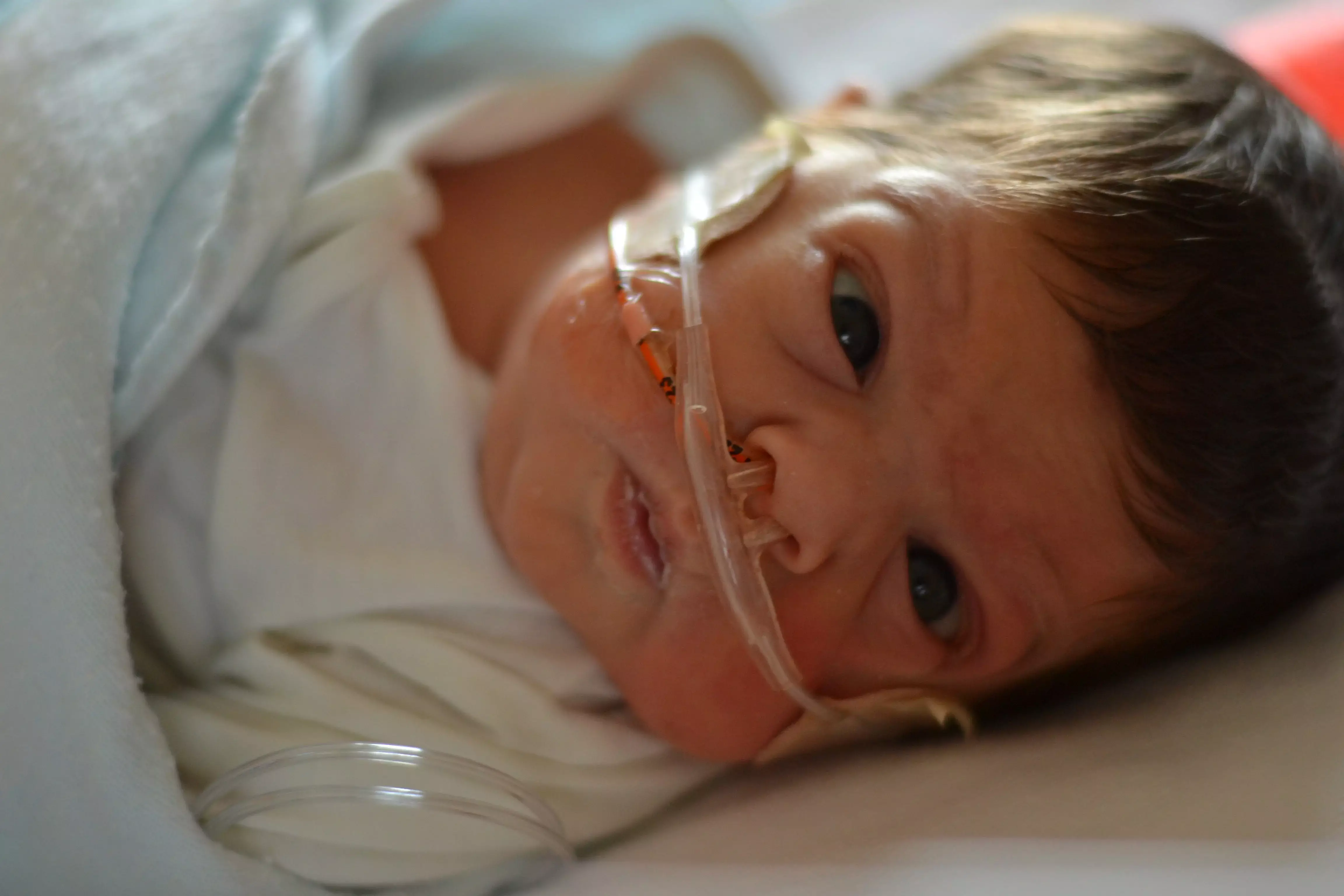- Home
- Medical news & Guidelines
- Anesthesiology
- Cardiology and CTVS
- Critical Care
- Dentistry
- Dermatology
- Diabetes and Endocrinology
- ENT
- Gastroenterology
- Medicine
- Nephrology
- Neurology
- Obstretics-Gynaecology
- Oncology
- Ophthalmology
- Orthopaedics
- Pediatrics-Neonatology
- Psychiatry
- Pulmonology
- Radiology
- Surgery
- Urology
- Laboratory Medicine
- Diet
- Nursing
- Paramedical
- Physiotherapy
- Health news
- Fact Check
- Bone Health Fact Check
- Brain Health Fact Check
- Cancer Related Fact Check
- Child Care Fact Check
- Dental and oral health fact check
- Diabetes and metabolic health fact check
- Diet and Nutrition Fact Check
- Eye and ENT Care Fact Check
- Fitness fact check
- Gut health fact check
- Heart health fact check
- Kidney health fact check
- Medical education fact check
- Men's health fact check
- Respiratory fact check
- Skin and hair care fact check
- Vaccine and Immunization fact check
- Women's health fact check
- AYUSH
- State News
- Andaman and Nicobar Islands
- Andhra Pradesh
- Arunachal Pradesh
- Assam
- Bihar
- Chandigarh
- Chattisgarh
- Dadra and Nagar Haveli
- Daman and Diu
- Delhi
- Goa
- Gujarat
- Haryana
- Himachal Pradesh
- Jammu & Kashmir
- Jharkhand
- Karnataka
- Kerala
- Ladakh
- Lakshadweep
- Madhya Pradesh
- Maharashtra
- Manipur
- Meghalaya
- Mizoram
- Nagaland
- Odisha
- Puducherry
- Punjab
- Rajasthan
- Sikkim
- Tamil Nadu
- Telangana
- Tripura
- Uttar Pradesh
- Uttrakhand
- West Bengal
- Medical Education
- Industry
Stool biomarkers may help predict necrotizing enterocolitis in preemies: Study

The lipocalin-2 and calprotectin can efficiently predict necrotizing enterocolitis (NEC) in premature neonates, suggests a study published in the Pediatric Research.
One of the most life-threatening conditions for premature infants in neonatal intensive care units (NICU) is necrotizing enterocolitis (NEC), a gastrointestinal disease associated with severe intestinal inflammation and necrosis, which occurs in 5–16% of very low birth weight (VLBW) infants with a mortality rate of 20–50% and various long-term clinical sequels for the survivors.
There are numerous factors that could be involved in the aetiology and pathogenesis of necrotizing enterocolitis (NEC), but the most consistently reported ones are functional and immune intestinal immaturity and dysbiosis, formula feeding and low birth weight. In this study, stools from 132 very low birth weight infants were collected daily in the context of a multi-centre prospective study aimed at investigating the potential of faecal biomarkers for NEC prediction. Eight infants (~6%) received a stage 3 NEC diagnosis.
Their stools collected up to 10 days before diagnosis were included and matched with 14 non-necrotizing enterocolitis (NEC) controls and tested by ELISA for the quantitation of eight biomarkers.
The results of the study are as follows:
· Biomarkers were evaluated in all available stool samples leading to the identification of lipocalin-2 and calprotectin as the two most reliable predicting markers over the 10-day period prior to necrotizing enterocolitis (NEC) development.
· Pooling the data for each infant confirmed the significance of lipocalin-2 and calprotectin, individually and in combination 1 week in advance of the NEC clinical diagnosis.
The researchers concluded that the lipocalin-2 and calprotectin tandem represent a significant biomarker signature for predicting NEC development. Although not yet fulfilling the "perfect biomarker" criteria, it represents the first step toward it.
Reference:
Lipocalin-2 and calprotectin as stool biomarkers for predicting necrotizing enterocolitis in premature neonates by Thibault M et. al published in the Pediatric Research.
https://doi.org/10.1038/s41390-021-01680-7
Dr. Shravani Dali has completed her BDS from Pravara institute of medical sciences, loni. Following which she extensively worked in the healthcare sector for 2+ years. She has been actively involved in writing blogs in field of health and wellness. Currently she is pursuing her Masters of public health-health administration from Tata institute of social sciences. She can be contacted at editorial@medicaldialogues.in.
Dr Kamal Kant Kohli-MBBS, DTCD- a chest specialist with more than 30 years of practice and a flair for writing clinical articles, Dr Kamal Kant Kohli joined Medical Dialogues as a Chief Editor of Medical News. Besides writing articles, as an editor, he proofreads and verifies all the medical content published on Medical Dialogues including those coming from journals, studies,medical conferences,guidelines etc. Email: drkohli@medicaldialogues.in. Contact no. 011-43720751


